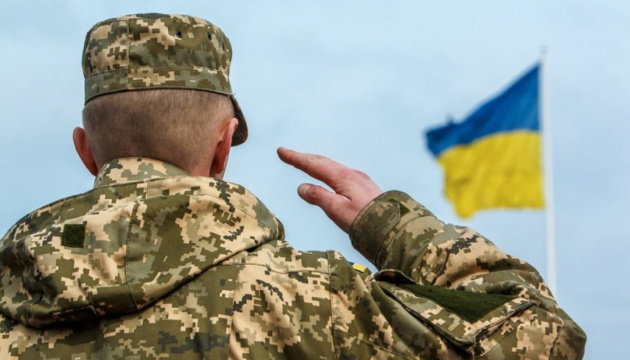Lawyer
Legal aspects of the development of military-industrial cooperation with foreign partners
1. International legislation
International law establishes the basic principles of cooperation in the military-industrial sphere. In particular, the missile control regime
technologies (MTCR), the Wassenaar Agreement and other international agreements regulate the export of military technology and equipment. States parties to these agreements are obliged to follow established rules and procedures to ensure control over the spread of military technology.
2. National legislation
The national legislation of each country determines the rules and restrictions regarding military-industrial cooperation with foreign partners. In Ukraine, for example, the Law "On State Control of International Transfers of Military and Dual-Use Goods" regulates the procedure for concluding agreements and cooperation in the military sphere. Ensuring compliance of such agreements with national interests and security is also an important aspect.
3. Consultation of a lawyer
Consulting a lawyer is a key stage in the process of establishing military-industrial cooperation. A lawyer can provide detailed information on the legal aspects of cooperation, help with the preparation of the necessary documents and ensure communication with the relevant state authorities. Consultation may also cover issues related to export control, licensing and compliance with international agreements.
4. Analysis of documents
Analysis of documents is a critically important stage in the process of concluding agreements with foreign partners. The lawyer must carefully check all documents related to the cooperation, including contracts, licenses, export and import permits, as well as documents confirming the compliance of the agreements with the requirements of national and international legislation. This will help avoid legal risks and ensure compliance with all necessary regulations.
5. Legal opinion
A legal opinion is an official document drawn up by a lawyer based on the analysis of documents and legal norms. This conclusion sets out the circumstances of the case, the legal qualification of actions that fall under the definition of military-industrial cooperation, and recommendations for possible legal measures. A legal opinion can be used to justify the need to take certain measures to ensure the legality of agreements and protect national interests.
6. Legal opinion of the lawyer
The lawyer's legal opinion is aimed at solving the client's specific situation. The lawyer, evaluating the collected evidence and analyzing the legal norms, provides specific recommendations for the protection of the rights and interests of the parties involved in military-industrial cooperation. This may include advice on dealing with legal conflicts, preparing documents for court proceedings and representing clients in court.
7. Ensuring national security
Ensuring national security is one of the main aspects of the legal regulation of military-industrial cooperation with foreign
partners This includes controlling the export and import of military technology, compliance with international sanctions and restrictions, and preventing the unauthorized proliferation of military technology. State bodies responsible for security must supervise the implementation of agreements and ensure their compliance with national interests.

































